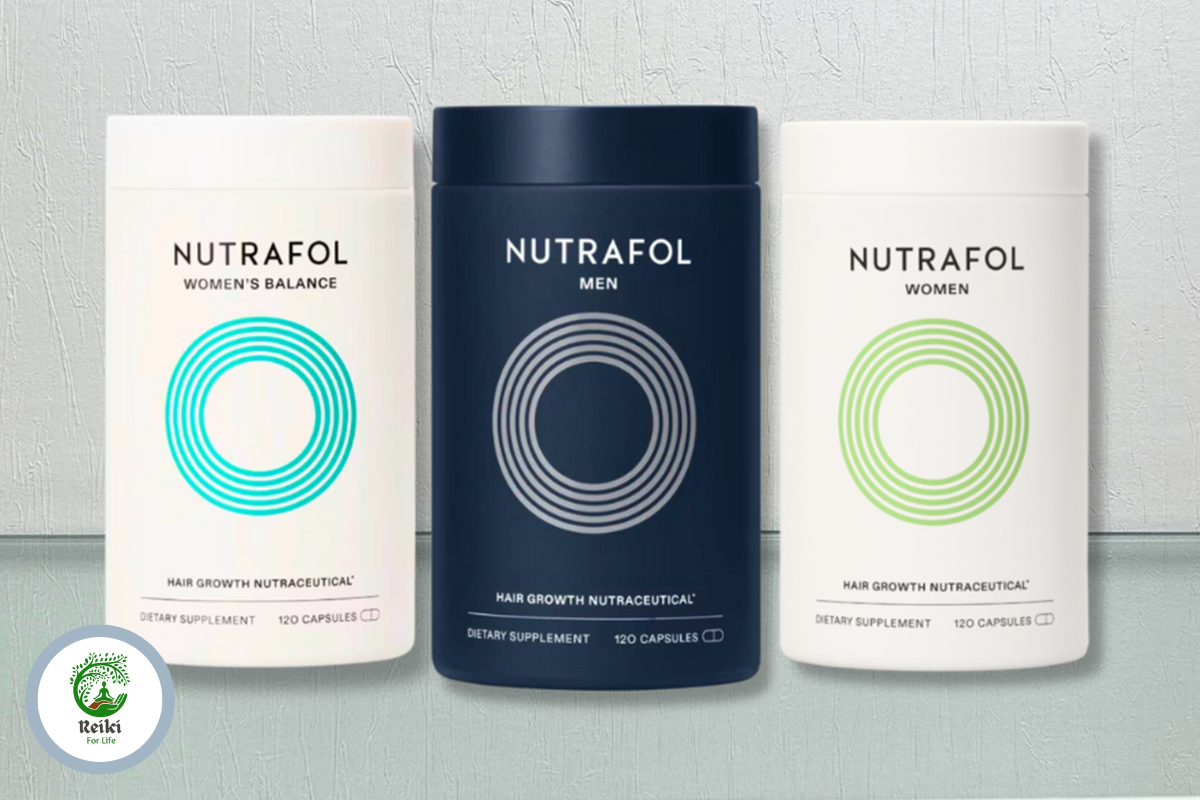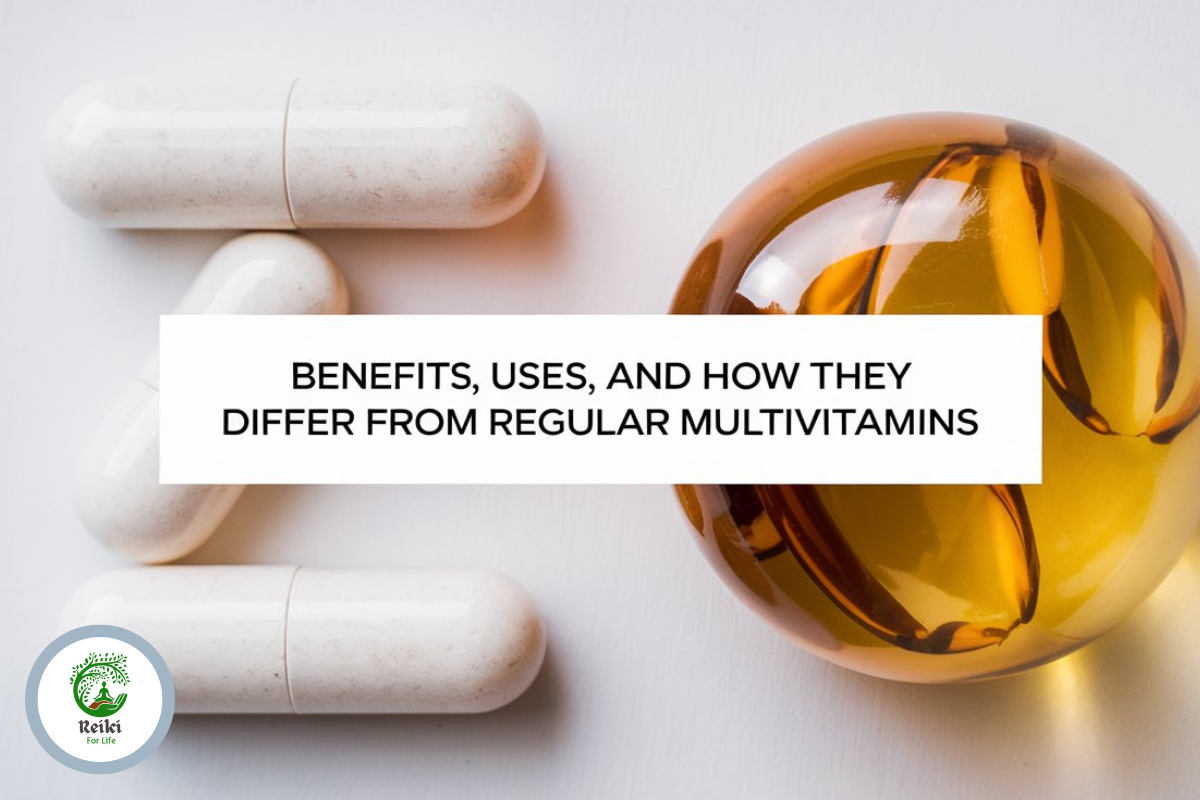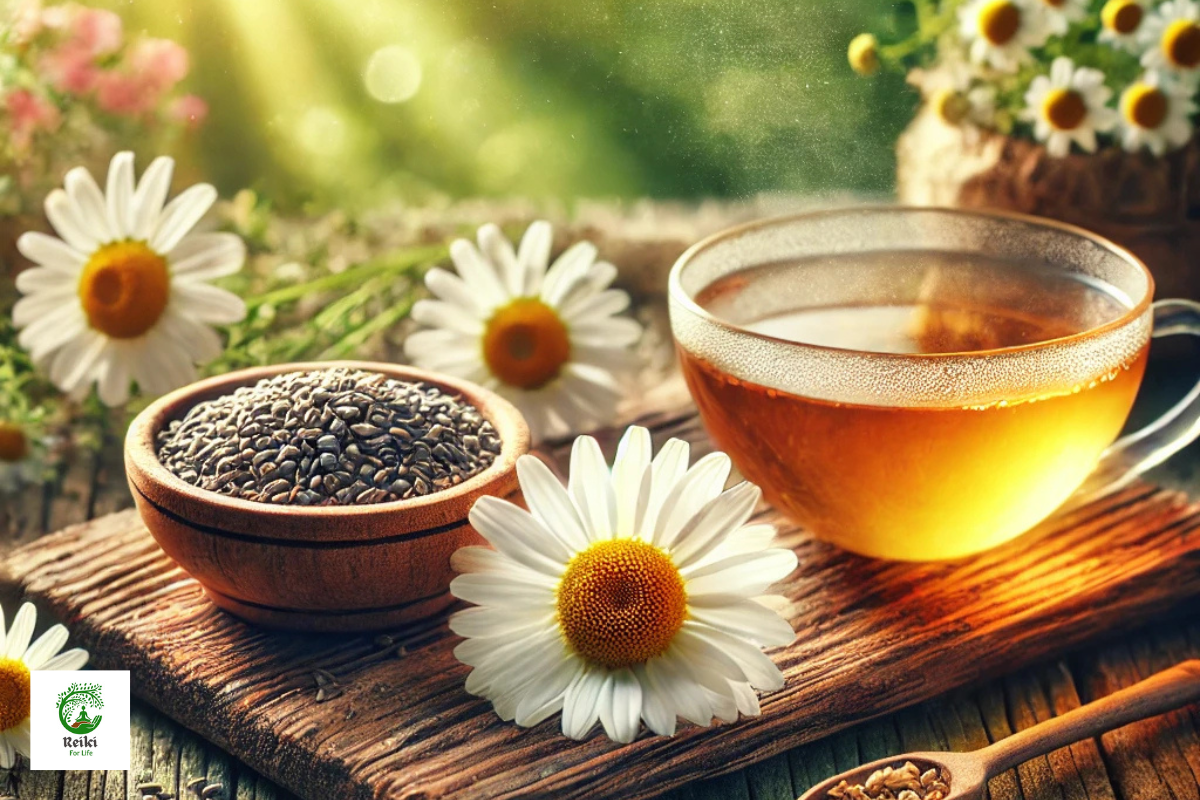Alfalfa Seeder: Cultivating Nutrient-Rich Crops for Health and Soil
Alfalfa, often called the “Queen of Forages,” is celebrated for its rich nutritional profile. Known for being a powerhouse of essential nutrients like calcium, potassium, phosphorous, iron, and vitamins A, C, E, and K, this versatile plant is a valuable addition to both diets and agriculture. To maximize the potential of alfalfa crops, the use of an Alfalfa Seeder for Nutrient-Rich Crops is key
The Nutritional Power of Alfalfa
Essential Minerals
Alfalfa is a natural source of:
- Calcium: Supports bone health and muscle function.
- Potassium: Regulates hydration and blood pressure.
- Phosphorous: Promotes energy production and cellular repair.
- Iron: Boosts hemoglobin and combats anemia.
Vitamins for Optimal Health
Packed with vitamins, alfalfa provides:
- Vitamin A: Enhances vision and immune health.
- Vitamin C: Strengthens the immune system and promotes skin health.
- Vitamin E: Acts as a powerful antioxidant.
- Vitamin K: Supports blood clotting and bone metabolism.
Alfalfa’s nutrient density makes it ideal for livestock feed, dietary supplements, and even herbal remedies for human health.
Why an Alfalfa Seeder Matters for Nutrient-Rich Crops
Precision Planting for Maximum Yield
An alfalfa seeder ensures seeds are distributed evenly, allowing each plant adequate space to absorb soil nutrients effectively.
Optimal Depth for Root Development
Seeds planted at the correct depth establish strong root systems. Healthy roots absorb more minerals like calcium and iron from the soil, enriching the plant’s nutritional profile.
Minimized Competition Among Plants
Precision planting reduces overcrowding, enabling plants to thrive without competing for vital resources like sunlight, water, and nutrients.
Enhancing Soil Health with Alfalfa and Seeders
Alfalfa isn’t just beneficial for its nutrient content—it also contributes to soil enrichment:
- Nitrogen Fixation: Alfalfa naturally replenishes soil nitrogen, reducing the need for synthetic fertilizers.
- Deep Root Systems: Roots aerate the soil, improving its structure and drainage.
- Soil Enrichment: With the help of a seeder, crops are planted systematically, promoting consistent soil health and nutrient recycling.
The Role of Alfalfa in Livestock Nutrition
Alfalfa grown using an alfalfa seeder becomes an ideal feed for livestock, providing them with the nutrients needed for:
- Stronger bones and teeth (calcium and phosphorous).
- Improved immunity (vitamins A and C).
- Increased energy and productivity (potassium and iron).
High-quality forage ensures healthy animals, leading to better yields in milk, meat, and other products.
How to Use an Alfalfa Seeder for Nutritional Excellence
1. Soil Preparation
Test the soil to ensure it contains adequate levels of essential nutrients. Till and level the soil for optimal seeding conditions.
2. Seeder Calibration
Set the seeder to the recommended depth (¼ to ½ inch) and spacing for alfalfa. Adjust for uniform planting.
3. Planting with Precision
Use the seeder to evenly distribute seeds across the field, ensuring minimal waste and maximum germination.
4. Post-Planting Care
Irrigate the field and monitor for pests or diseases. Proper care ensures a nutrient-rich harvest.
Nutrient Uptake and Sustainability
Using Biofortification Techniques
Pairing an alfalfa seeder with nutrient-enriched fertilizers ensures the crop absorbs more calcium, potassium, and phosphorous.
Rotational Cropping
Alfalfa can be rotated with other crops to prevent soil nutrient depletion, maintaining sustainable farming practices.
FAQs
Why is alfalfa considered nutrient-dense?
- Alfalfa is rich in minerals like calcium and potassium and packed with vitamins A, C, E, and K, making it a superfood for livestock and humans.
How does an alfalfa seeder improve crop nutrition?
- By planting seeds evenly and at the correct depth, a seeder ensures plants grow optimally, absorbing more nutrients from the soil.
What are the benefits of alfalfa for livestock?
- Alfalfa provides essential nutrients that improve bone health, immunity, and energy levels in livestock.
Can an alfalfa seeder be used for other crops?
- Yes, many alfalfa seeders are versatile and can plant similar-sized seeds for other crops.
Does alfalfa improve soil health?
- Alfalfa fixes nitrogen in the soil, aerates it with deep roots, and prevents erosion, enhancing overall soil quality.
How can I ensure my alfalfa crop is nutrient-rich?
- Use a seeder for precise planting, enrich the soil with organic fertilizers, and health throughout the growing season.
Conclusion
The alfalfa seeder is more than a farming tool; it’s a gateway to cultivating nutrient-rich crops that benefit both human and animal health. By optimizing planting precision, enhancing soil health, and supporting sustainable farming, this equipment ensures alfalfa achieves its full potential as a powerhouse of essential nutrients. For farmers seeking to maximize yield and quality, an alfalfa seeder is an invaluable investment.











